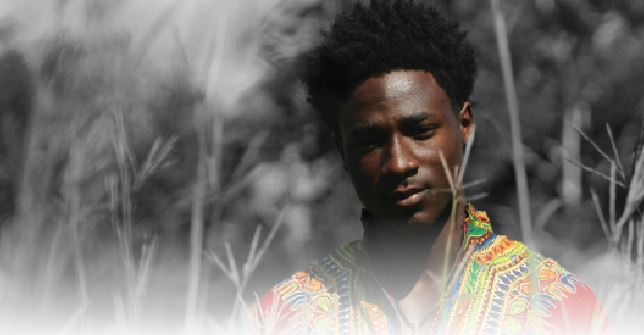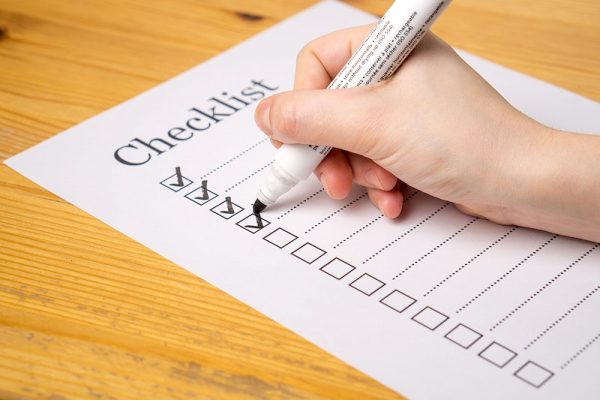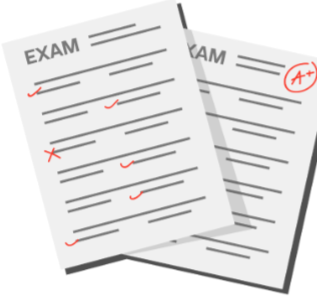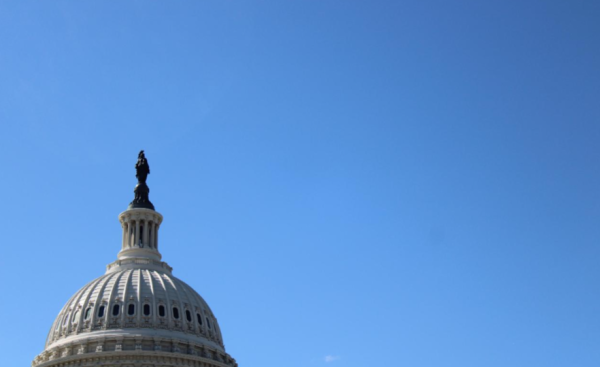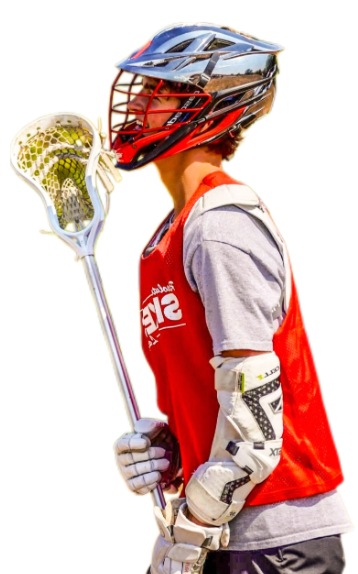Failing to see color
Society turns blind eye to racism
In recent weeks, race relations have come to the forefront of issues at local high schools. Racial slurs were advertised, prejudicial ideologies were affirmed, and white supremacist rallies were attended.
Aside from their inexcusable nature, these incidents have one thing in common: a young person did something wrong, an adult apologized for their actions, and nothing else was accomplished.
The same reasoning was repeated. “He is a good kid, he didn’t mean any harm, he thought of it as a joke, he didn’t know…”
It seems as though people are under the assumption that teenagers who commit racist acts are too young to discern right from wrong.
If we are mature enough to drive, we are mature enough to know that slurs ought not to be said.
If we are smart enough to learn about Jim Crow laws, of oppression and segregation, we are smart enough to know that we cannot allow semblances of that era to continue.
There is no age requirement one has to reach in order to learn that racism, in all of its forms, is wrong.
Indeed, half of the battle against racism is acknowledging that it is still a largely visible problem today, especially for minority groups.
According to a poll conducted by the Public Religion Research institute, only 63 percent of white young adults agree that black Americans and minorities face a considerable amount of discrimination today.
On the other hand, a stark 85 percent of black Americans attest to experiencing racial discrimination.
Recognizing the existence of racism in our community is the first step in the right direction towards correcting racist behavior.
After perception comes accountability; we need to allow wrongful teenagers and adults to take responsibility for their own actions.
If wrongdoers are not aware that they made a mistake, then they cannot learn from it.
We cannot continue to perpetuate a culture of bystanders.
If we see slurs on the back of boys’ jerseys or hear a teacher tell a young black boy that he might be lynched, we must immediately speak up.
Silence is just as bad, if not worse, than spreading bigotry.
If you do not take action and you know that what you are witnessing is inappropriate, you are condoning that behavior.
It is like watching the beginnings of a wildfire with a pail of water in your hands. We, as young adults, are smarter than that.
That being said, taking action does not always assume an obvious form like a rally or protest.
In our daily lives, we can stand up to prejudice by simply refusing to laugh at racist “jokes,” condemning the use of racial slurs, and listening empathetically to others around us.
Two-thirds of Americans cite individual prejudice as the cause of racism.
Behind every individual is a support system, a parent, a friend, a brother, a sister, a teacher, or a classmate. Behind every individual is an opportunity to speak up.
Your donation will support the student journalists of Sycamore High School. Your contribution will allow us to purchase equipment and cover our annual website hosting costs.


